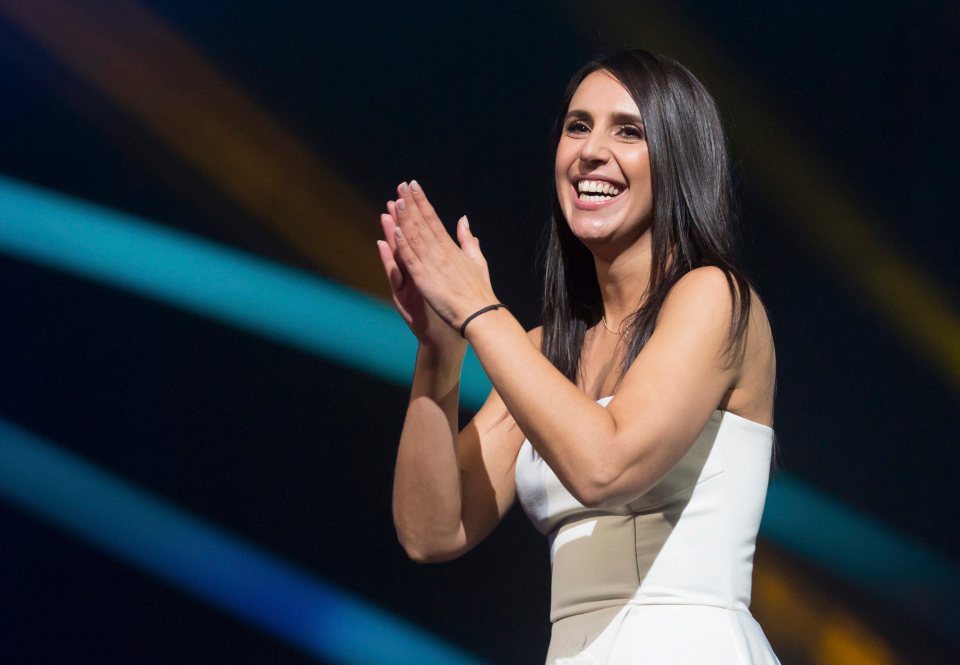A EUROVISION winner who is on Vladimir Putin’s wanted list has revealed she fears for the safety of her kids.
Susana Jamaladinova explained she believes the Kremlin is lying about her and trying to “scare” her as she voiced her concerns.
EPAUkrainian singer Susana Jamaladinova is on Putin’s wanted list[/caption]
GettyThe Kremlin have accused Susana Jamaladinova of spreading false information about Russian armed forces[/caption]
The Ukrainian singer – who won the Eurovision Song Contest in 2016 – is accused by Moscow of spreading false information about Russian armed forces.
The star, who performs under the name Jamala, told of the moment she learned she was being charged with spreading “fake” information about the Russian military and fighting in Ukraine.
She said: “I was upset only because of my relatives.
“I don’t care much about myself because (performing) is my way of using my voice to help my country and tell the truth.
“It’s such a stressful thing for my family, for my parents, kids. I worry about them.”
Susana’s winning song was titled 1944 and refers to the year the Soviet Union deported 200,000 Crimeans.
Russia protested against the song being allowed in the competition but failed to banish it.
Although the song doesn’t directly criticise Russia or the Soviet Union, it did cause upset through the opening lyrics which read: “When strangers are coming, they come to your house, they kill you all and say “We’re not guilty.”
The winning performance came almost exactly two years after Russia annexed Crimea and chaos erupted in Ukraine.
In the years following her success Susana has performed 1944 around the world further angering Russian tyrants.
She expressed fear over Moscow being able to locate her as her travels are shared across social media.
“Three days ago I was in Washington,” she told Sky News.
“Five days ago I was in Paris. You know, you can find all the information about me,” she continued.
Susana released an album titled Qirim, which means Crimea, earlier this year and said she believes authorities may have visited her relatives around that time.
She explained: “I heard rumours someone came to my relatives in Crimea and tried to frighten them.”
She added: “(They’re) trying to stop me or scare me… but I strongly believe that as an artist, as a musician, as a songwriter, I can be real and live my life as I want.”
Susana believes recent events show that “music can speak and convey the truth”.
“And the truth is the truth,” she added.
“There is no getting away from it.”
APThe singer angered the Kremlin through a song called 1944 that refers to the year the Soviet Union deported 200,000 Crimeans.[/caption]

